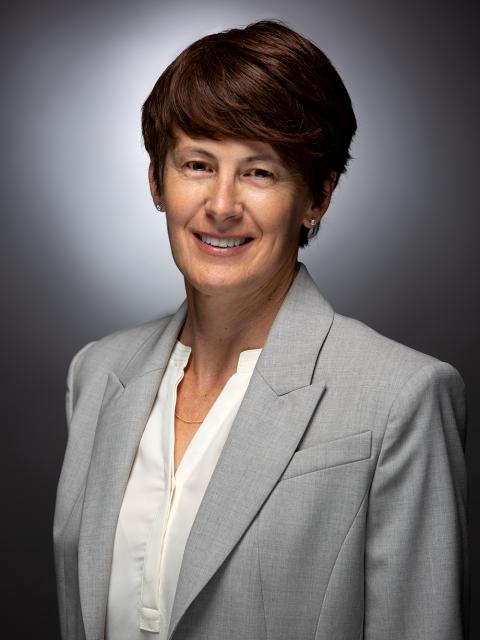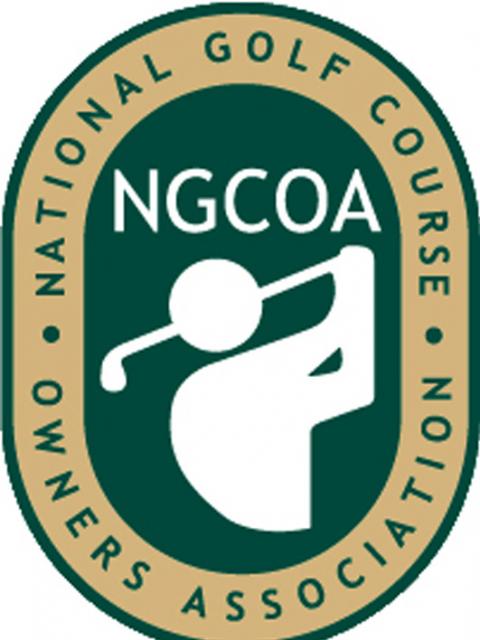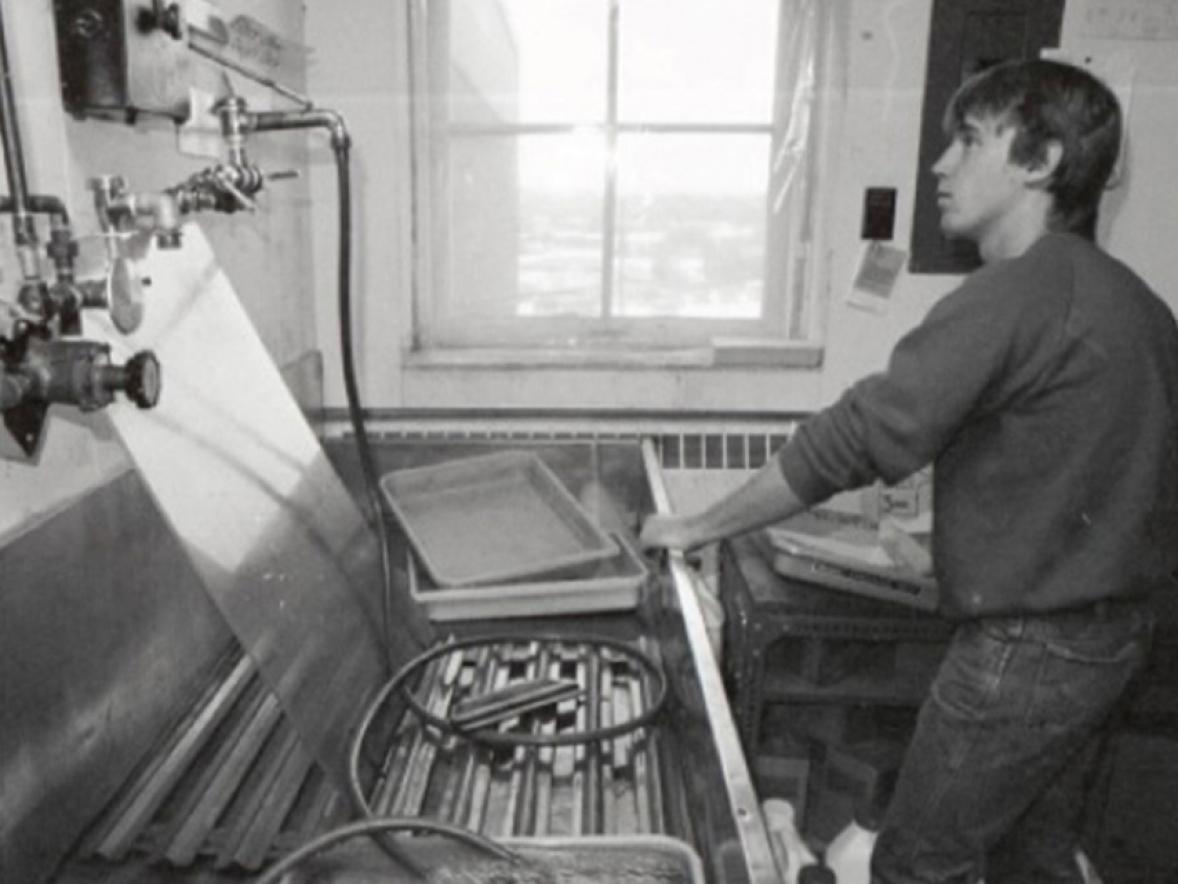Golf is a relatively simple endeavor. It consists of hitting a ball as few times as possible into a 4¼-inch hole.
But, as two University of Wisconsin-Stout hospitality professors know, it’s so much more than that. The experience extends well beyond the parameters of physically playing 18 holes.
What makes a great golf experience, from preround to postround and everything in-between? Associate Professor Kris Schoonover and Professor Eric Brey from UW-Stout’s School of Hospitality Leadership will present their research in a free, national two-part webinar at noon Tuesday, Nov. 17, and Thursday, Nov. 19.

The webinar, Driving Revenue Through the Golfer Journey: Experience Satisfiers and Dissatisfiers, is being hosted by the National Golf Course Owners Association. Joining the professors will be David Pierce, director of research and operations for the Green Section of the United States Golf Association.
The research comes at an opportune time. With the game’s built-in social distancing and outdoor aspects attractive during the COVID-19 pandemic, the number of rounds of golf played in the U.S. is up nearly 9% this year, Schoonover said. Rounds played in September were up 25% from a year ago.
The idea for the research began at a golf industry show and was discussed with USGA officials. “We realized what a great opportunity Eric and I had through our research and knowledge of strategic applications for golf course operations and golfer expectations,” Schoonover said.
Schoonover and Brey have found more than 1,000 touchpoints, or interactions, that typical golfers experience when they play a course. How those interactions play out can determine whether or not the golfer returns.
The session on Nov. 17 analyzes golfers’ motivations, expectations and desires. For example, the professors list 11 reasons why someone is motivated to play. They include friends and family, networking, challenge, exercise, competition, escapism and stress.
The Nov. 19 session assesses on-course touchpoints and how they contribute to the experience. Motivations include the condition of the course, pace of play and customer service aspects such as whether there are enough water stations on the course.

“Do operators of golf courses realize the disappointment because of possible lack of attention to water stations?” Schoonover said.
UW-Stout has on-campus and online undergraduate programs in golf enterprise management that prepare students to become managers in various sectors of golf facilities and the golf industry. The program is endorsed by NGCOA.
Schoonover and Brey originally presented the research in 2019 at the USGA Innovation Symposium in Tokyo.
###





